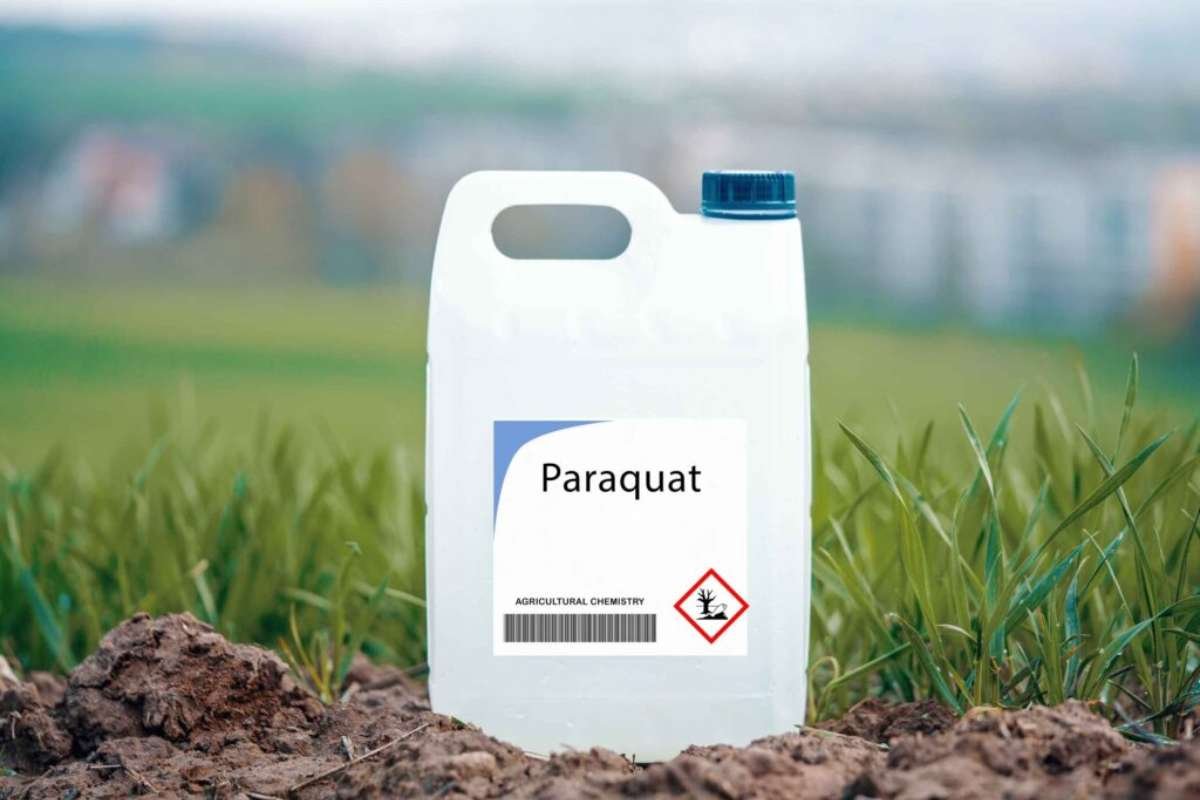Pfizer’s respiratory syncytial virus (RSV) vaccine, designed to protect infants from a common and potentially deadly respiratory infection, is on track to receive approval from the US Food and Drug Administration (FDA) this summer.
The company announced promising results from its Phase 2b clinical trial in February 2021, which found that the vaccine was safe and effective in preventing RSV in infants. RSV is a common respiratory virus that can cause serious illness in infants, particularly those born prematurely or with weakened immune systems.
What is the RSV vaccine?
The RSV vaccine is designed to be given to infants in two doses at 2-month intervals. According to Pfizer, the vaccine was found to be 80% effective in preventing RSV in the clinical trial, which involved over 1,600 infants.
The news has been welcomed by parents and healthcare professionals alike, as RSV is a common and serious infection that can lead to hospitalization and even death in infants. RSV infections are particularly dangerous for premature infants, who are at a higher risk of developing severe symptoms.
The RSV vaccine could potentially save many lives and prevent thousands of hospitalizations each year, particularly during the winter months when RSV infections are most common.
Commenting on the news, Dr. William Schaffner, professor of preventive medicine and infectious disease at Vanderbilt University Medical Center, said: “This is an important breakthrough that could make a real difference for infants and families. RSV is a serious illness that can cause significant morbidity and mortality in young children, so a safe and effective vaccine would be a welcome addition to our toolbox.”
Pfizer has been working on the RSV vaccine for several years, and the company sees it as an important addition to its vaccine portfolio. In addition to the COVID-19 vaccine, Pfizer also produces vaccines for diseases such as pneumonia, meningitis, and whooping cough.
What does FDA approval of the RSV mean?
If the RSV vaccine is approved by the FDA, it will be the first vaccine to protect against the virus. Currently, there is no vaccine for RSV, and treatment is limited to supportive care and medication to manage symptoms.
However, while the RSV vaccine is seen as a promising development, it is unlikely to be available for widespread use until 2023 at the earliest. Pfizer is currently conducting a Phase 3 clinical trial, which is expected to be completed by the end of 2022. The company will then need to submit the results to the FDA for approval.
Assuming the vaccine receives approval, it will then need to be manufactured and distributed on a large scale, which is likely to take several months. This means that the vaccine is unlikely to be available for use until at least 2023.
Despite this, the news of the potential approval of the RSV vaccine is a positive development for parents and healthcare professionals, who are always looking for ways to protect infants from dangerous infections. While RSV is a common and serious illness, a safe and effective vaccine could potentially save many lives and prevent countless hospitalizations each year.







